
7 essential vitamins every diabetic needs for nerve health

Living with diabetes can be challenging, especially when symptoms like burning feet, tingling hands, or muscle weakness start to appear. These can be signs of diabetic neuropathy — a common and painful complication caused by nerve damage from high blood sugar. When nerves are affected, daily life can become difficult and uncomfortable.
The good news is that you can take steps to manage these symptoms and improve your quality of life. Along with controlling blood sugar and living a healthy lifestyle, certain vitamins and nutrients can support nerve health and help prevent or reduce the effects of diabetic neuropathy.
💡 Understanding Diabetes and Its Complications
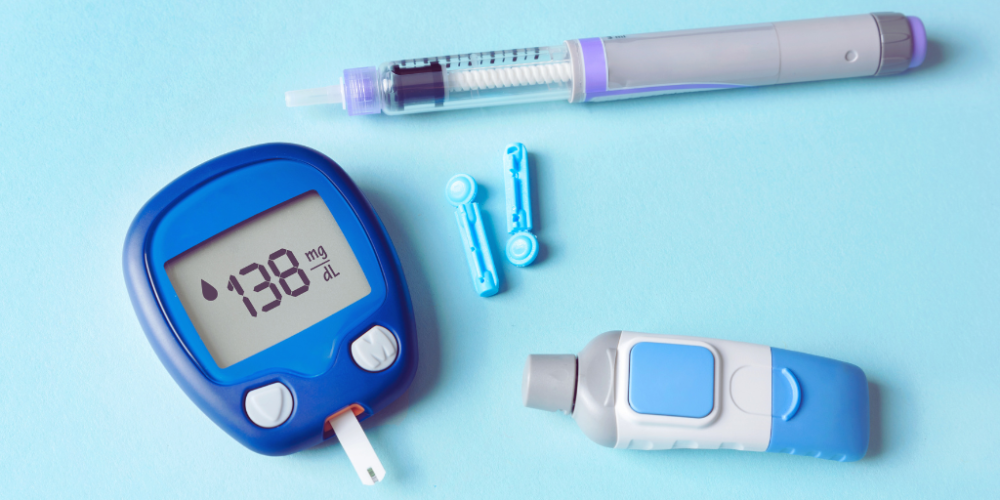
Diabetes often develops silently. Many people don’t realize they have it until symptoms become serious. In the United States, roughly one in four people with diabetes — about 25% — are unaware of their condition. That means over 38 million Americans are currently living with diabetes, most with Type 2, and more than 98 million adults are prediabetic.
Why does early detection matter? Because diabetes can affect almost every part of the body. Some of the most common complications include:
-
Increased risk of infections, including severe ones like sepsis
-
Heart problems such as heart attacks, strokes, and amputations
-
Hypoglycemia (low blood sugar episodes)
-
Kidney disease, which can lead to kidney failure
-
Diabetic neuropathy, a nerve condition that causes pain, burning, and numbness in up to half of all people with diabetes
Keeping blood sugar within a healthy range, getting enough rest, staying active, and eating well are key to managing diabetes. But even when you’re doing everything right, some nerve damage may still occur. That’s where vitamins and antioxidants can make a real difference. They can protect nerve cells, improve metabolism, and relieve symptoms like burning, pain, or muscle cramps.
✅ Key Takeaways
-
Diabetic neuropathy affects around 50% of people with diabetes
-
Controlling blood sugar is the most effective prevention method
-
Certain vitamins and minerals can support nerve repair and reduce inflammation
-
People on metformin are especially prone to Vitamin B12 deficiency
-
Nutrients like benfotiamine (Vitamin B1), magnesium, and alpha-lipoic acid can improve nerve health and relieve pain
📌 7 Important Vitamins and Nutrients for People with Diabetes
👉 1. Vitamin B12

Vitamin B12 is essential for healthy nerves and red blood cell formation. Low levels can cause fatigue, weakness, and nerve pain. Studies show that 5–33% of people taking metformin develop a Vitamin B12 deficiency because the medication interferes with absorption.
Low B12 can also result from aging, digestive issues, or long-term vegetarian and vegan diets, since B12 is found mainly in animal products such as meat, eggs, and dairy.
Common signs of deficiency include:
-
Burning, tingling, or numbness in the hands and feet
-
Muscle weakness or fatigue
-
Poor balance or coordination
-
Mood changes, confusion, anxiety, or depression
If your levels are low, your doctor may recommend oral supplements or injections. Maintaining healthy B12 levels helps protect nerves and improve overall energy.
👉 2. Vitamin B1 (Thiamine) and Benfotiamine

Vitamin B1, or thiamine, plays an important role in turning glucose into energy and keeping nerves healthy. People with diabetes often have low levels due to refined diets or medications like diuretics.
A deficiency in thiamine can lead to burning feet, weakness, and loss of appetite. Good food sources include beans, lentils, sunflower seeds, pork, fish, and yogurt.
Benfotiamine, a fat-soluble form of Vitamin B1, is more easily absorbed by the body and reaches nerve tissue more effectively. Research shows it may:
-
Protect nerves from high blood sugar damage
-
Reduce inflammation
-
Support kidney and heart health by lowering AGEs (Advanced Glycation End Products)
Benfotiamine is available as a dietary supplement and is especially useful for managing diabetic nerve pain.
👉 3. Vitamin B6 (Pyridoxine)

Vitamin B6 helps regulate metabolism, strengthens the immune system, and supports brain and nerve health. It may also help improve insulin sensitivity and reduce neuropathy symptoms.
Food sources include dark leafy greens, bananas, papayas, chickpeas, fish, poultry, nuts, and seeds. Most people can meet their needs through a balanced diet.
👉 4. Vitamin D

Vitamin D is important for nearly everyone, but it’s especially beneficial for people with diabetes. It improves insulin sensitivity, supports immunity, strengthens bones, and helps protect nerves from inflammation and oxidative stress.
Low Vitamin D levels are linked to a higher risk of depression and anxiety. You can increase your Vitamin D through sunlight exposure, or by eating eggs, fatty fish, and fortified dairy products. If your levels are very low, your doctor might suggest supplements.
👉 5. Vitamin C

Vitamin C is a powerful antioxidant that helps protect your nerves and cells from oxidative stress. It also supports wound healing, immunity, and eye health, which can reduce the risk of diabetic retinopathy.
Foods rich in Vitamin C include citrus fruits, strawberries, kiwi, bell peppers, tomatoes, and broccoli. Eating a variety of these foods each day provides natural protection.
👉 6. Magnesium

Magnesium helps regulate blood sugar, improves insulin function, supports heart health, and benefits brain function. It may also protect against age-related memory loss, a common concern for people with diabetes.
Magnesium is found in dark leafy greens, bananas, avocados, beans, almonds, yogurt, and whole grains.
Research from MIT has identified magnesium L-threonate, a form that crosses the blood-brain barrier easily and may help with memory and cognitive function.
👉 7. Alpha-Lipoic Acid

Alpha-Lipoic Acid (ALA) is a potent antioxidant that helps the body use glucose more efficiently, improves insulin sensitivity, and reduces inflammation. It also supports healthy blood vessels and protects nerves from further damage.
Studies show that ALA can relieve burning or tingling sensations in the feet and slow the progression of diabetic neuropathy. A typical dose is about 600 mg in the morning. It’s safe, but may cause a mild odor in urine at first, which usually fades quickly.
🌱 What About Bitter Melon?

Bitter melon, or bitter gourd, is a traditional food used in Asia that may help lower blood sugar. Some small studies suggest it can improve blood sugar control and reduce liver fat.
Dr. Wambier recommends eating the fruit itself rather than taking supplements, as getting nutrients directly from food provides a broader range of health benefits.
📌 Final Thoughts
Before starting any new vitamin or supplement, talk with your doctor. They can recommend the right dosage and ensure it won’t interfere with your current medications or conditions.
While supplements can help, the most important step for managing diabetes remains the same: keep your blood sugar, cholesterol, and blood pressure in a healthy range. Exercise regularly, eat real foods, stay hydrated, sleep well, and nurture your relationships.
These daily habits, combined with the right nutrients, can help protect your nerves, improve energy, and support long-term health.
News in the same category


Poor circulation? Simple foods that can get your blood moving again naturally

Common Drinks That Can Be Bad for Your Liver

Do you sleep on your side? Here's the powerful effect one simple change can have on your body

Doctors reveal that eating walnuts causes

🦴 Hip Pain: What Does It Mean? Common Causes & When to Seek Help

🌙 9 Signs of Diabetes That Appear at Night — What You Should Know

Eating Beans Daily Slashes Your Risk of Heart Disease and Diabetes, Study Finds
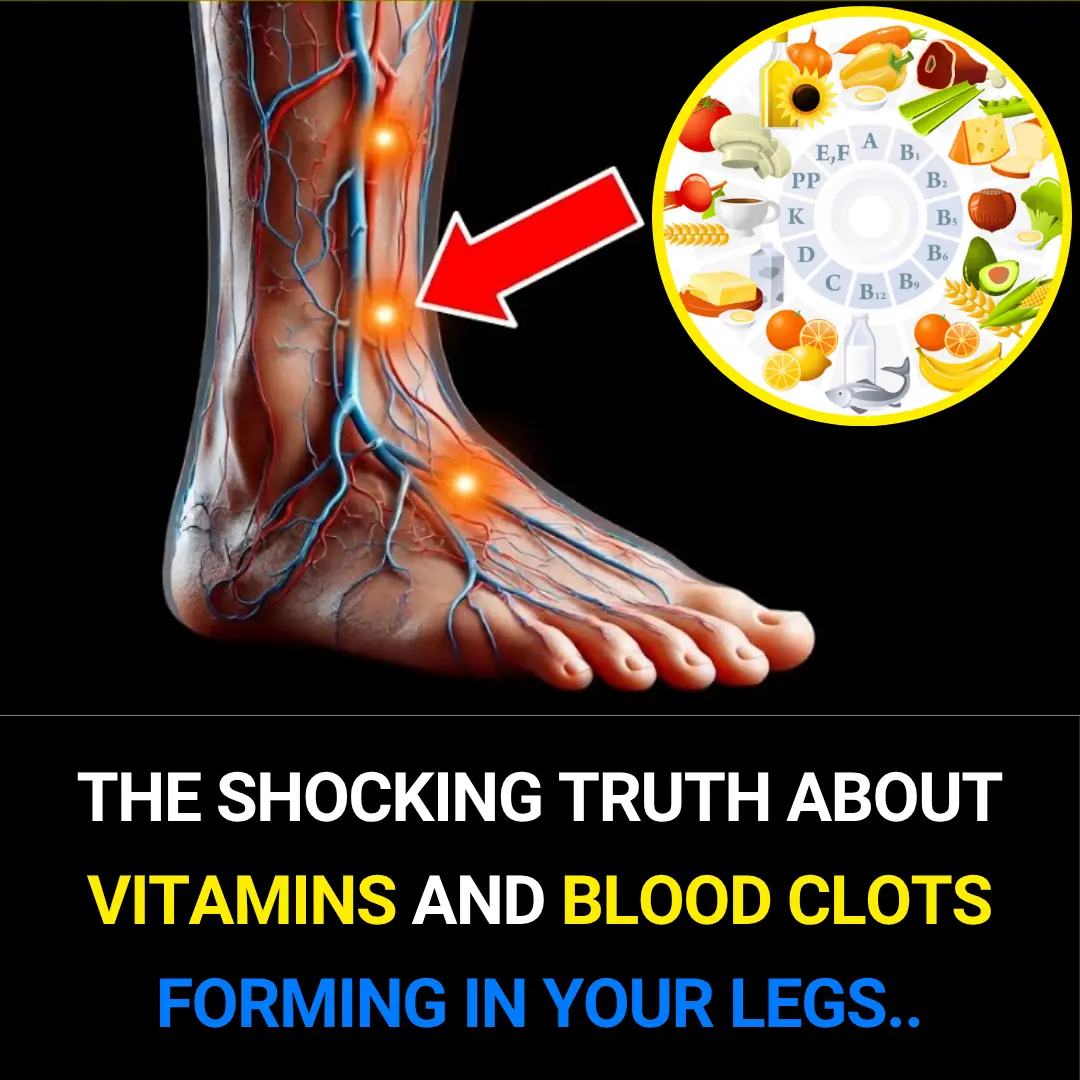
The Shocking Truth About Vitamins and Blood Clots in Your Legs

The #1 Fastest Way to Reverse Liver and Kidney Damage

Health Problems That Improve with Vitamin B12 (and How to Use It)

Stomach Can-cer: The “Silent Disease” You Shouldn’t Ignore
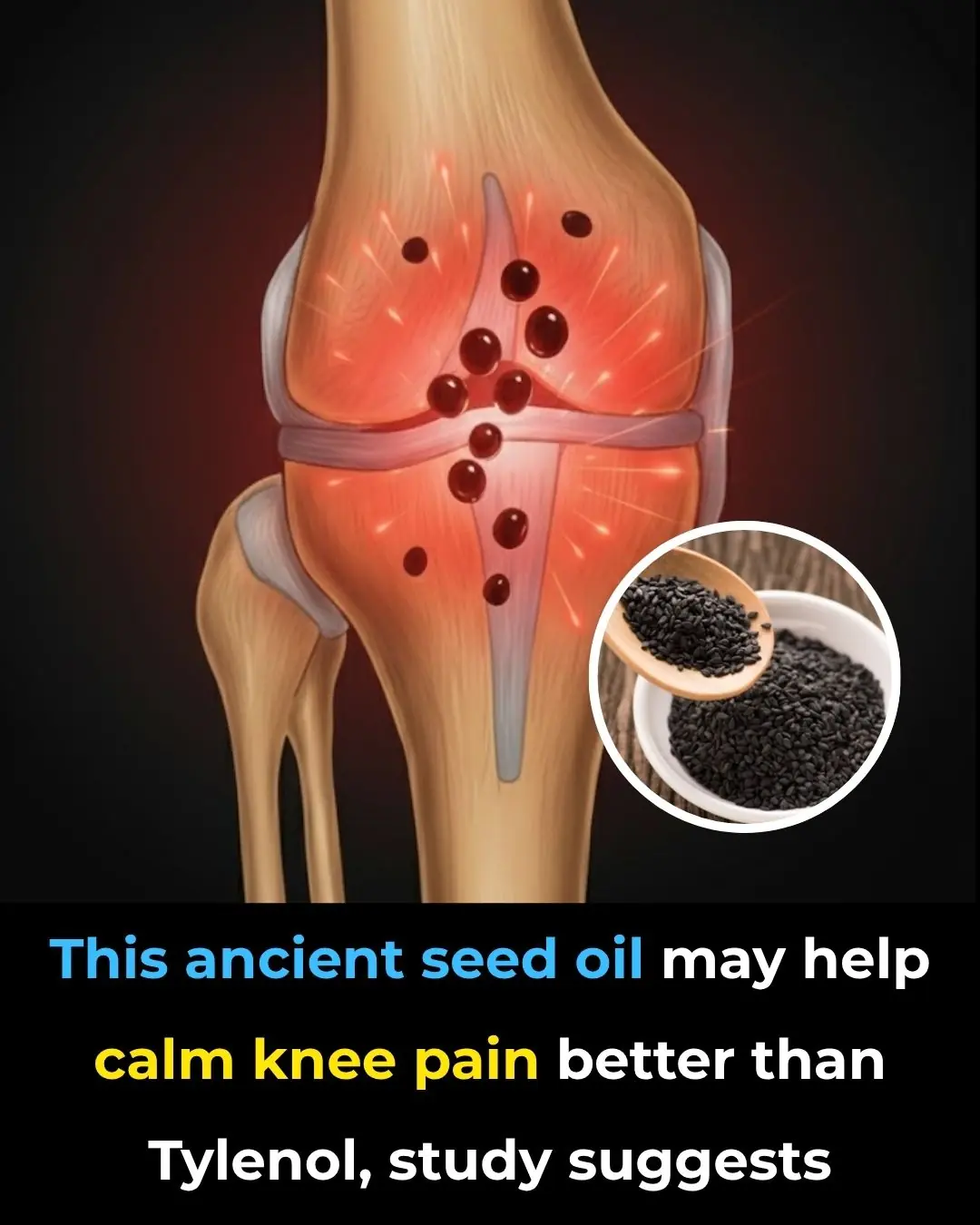
This ancient seed oil may help calm knee pain better than Tylenol, study suggests

This vitamin deficiency could be raising your colorectal cancer risk — and half the world is low

Tomato Extract: Better And Safer Blood Thinner Than Aspirin

12 warning signs of heart failure you should never ignore
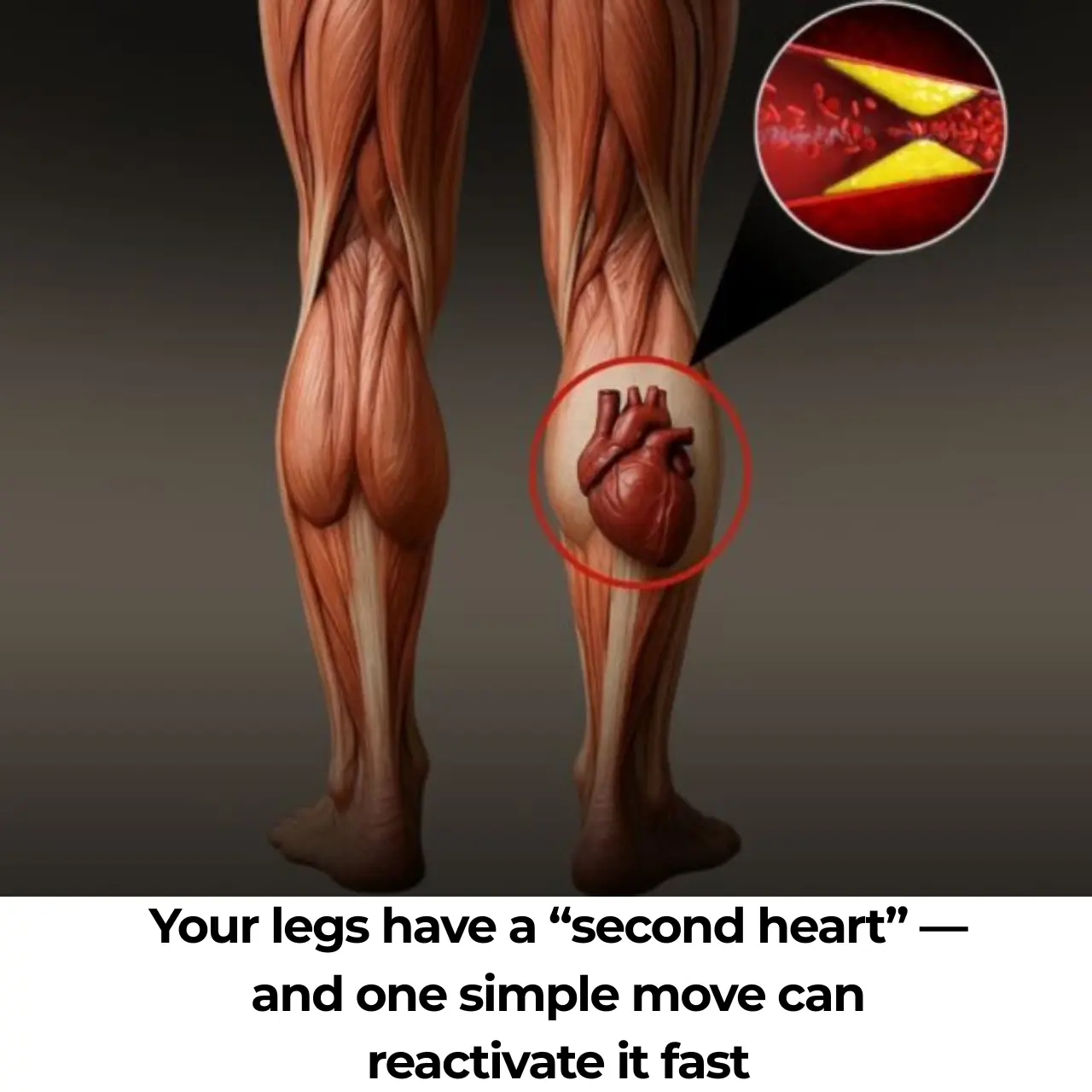
Your legs have a “second heart” — and one simple move can reactivate it fast

Why You Should Start Using Coconut Oil as a Toothpaste
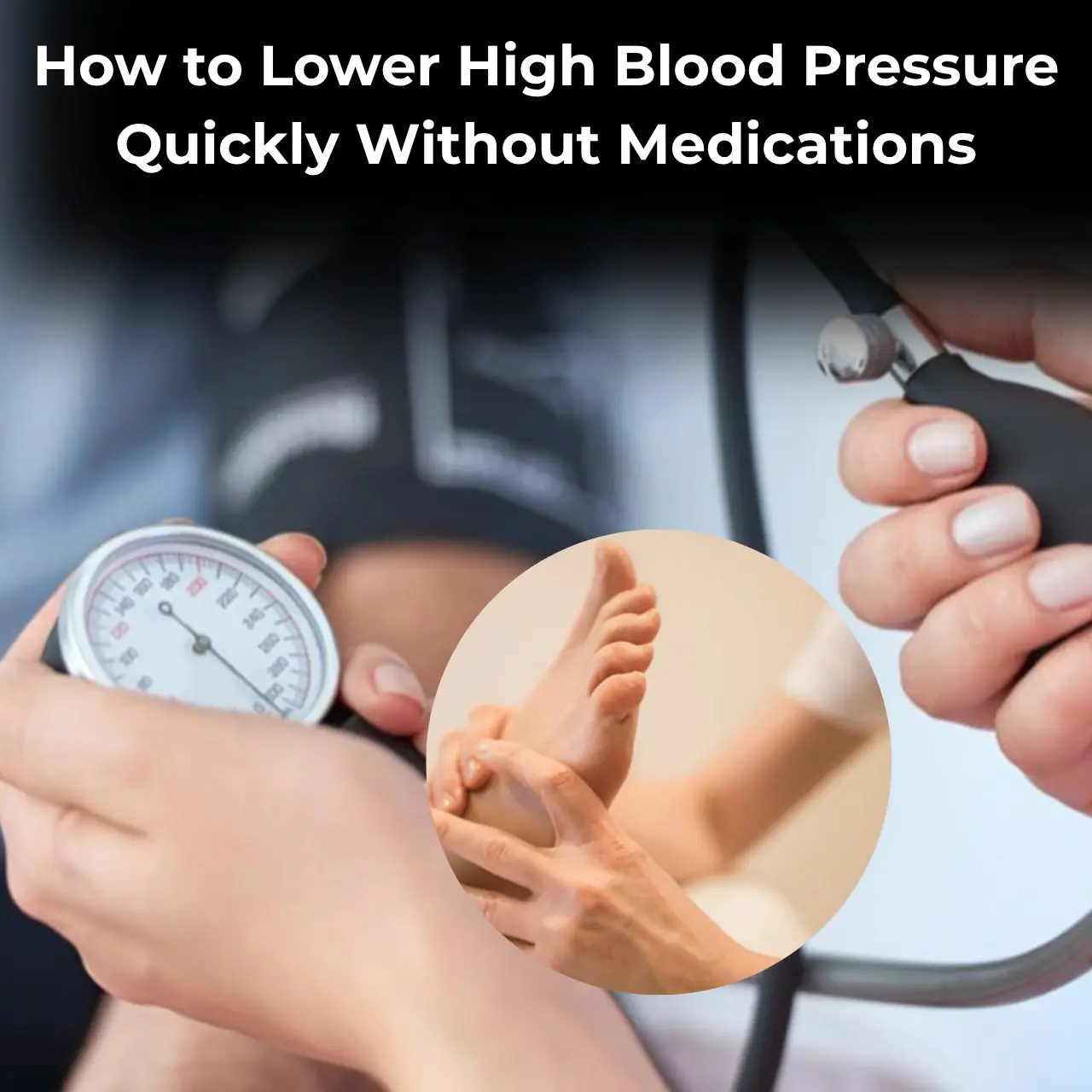
How to Lower High Blood Pressure Quickly Without Medications (Evidence Based)
News Post

Treat early gray hair with a cheap blackening recipe using starfruit and potatoes!

7 tips to eliminate dangerous blood fat
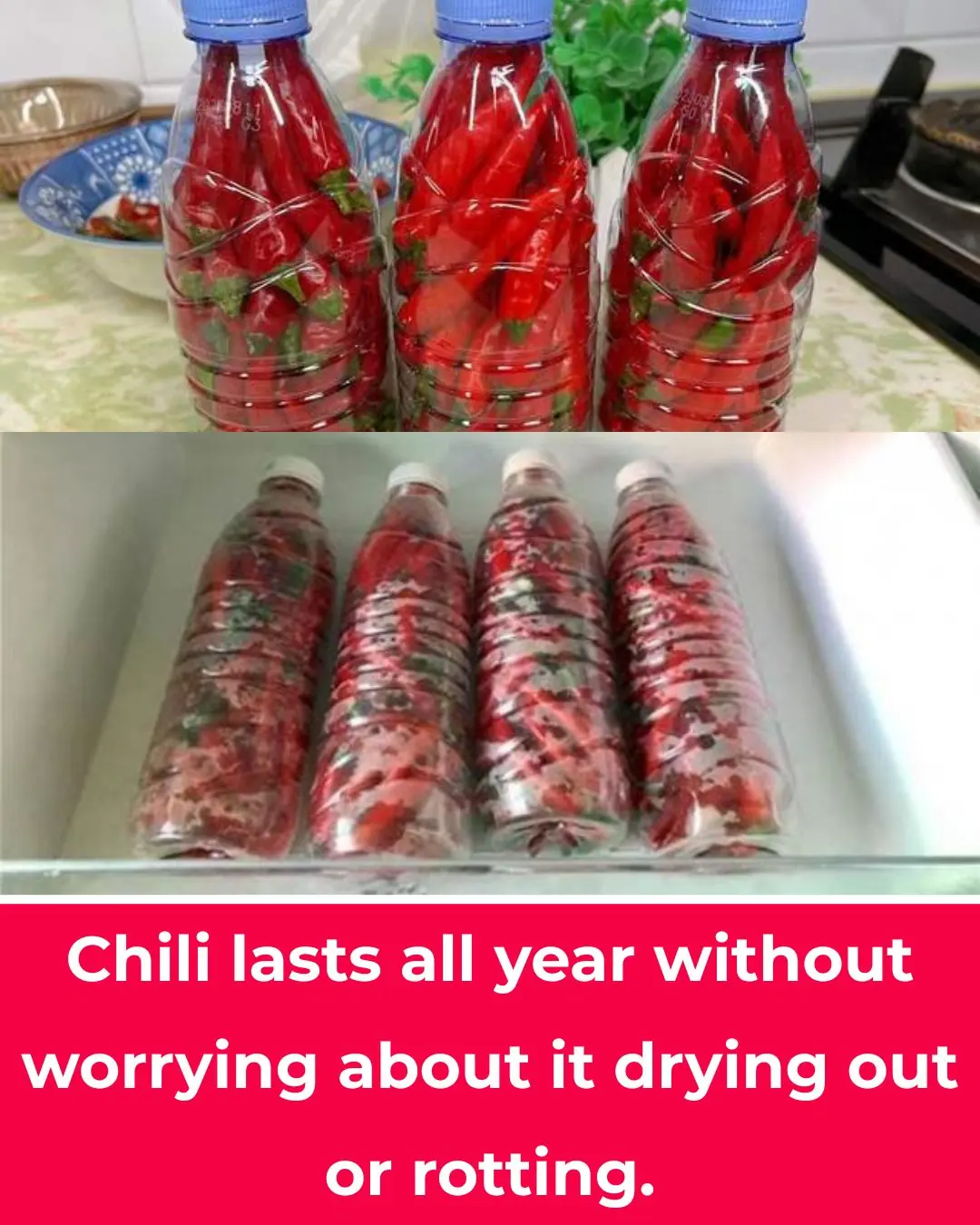
How to store chili peppers for several months so they stay as fresh as when picked, with plump flesh that doesn’t dry out and retains its flavor

Pounded perilla leaves are mixed with pork fat, the fat is completely clean and odorless, white and crispy

10 strange but effective ways to freshen your home

I had no idea

Poor circulation? Simple foods that can get your blood moving again naturally

Count The Squares

Common Drinks That Can Be Bad for Your Liver

Do you sleep on your side? Here's the powerful effect one simple change can have on your body

My nana taught me this hack to de-stink the microwave in 3 mins with 0 work. Here’s how it works

So clever
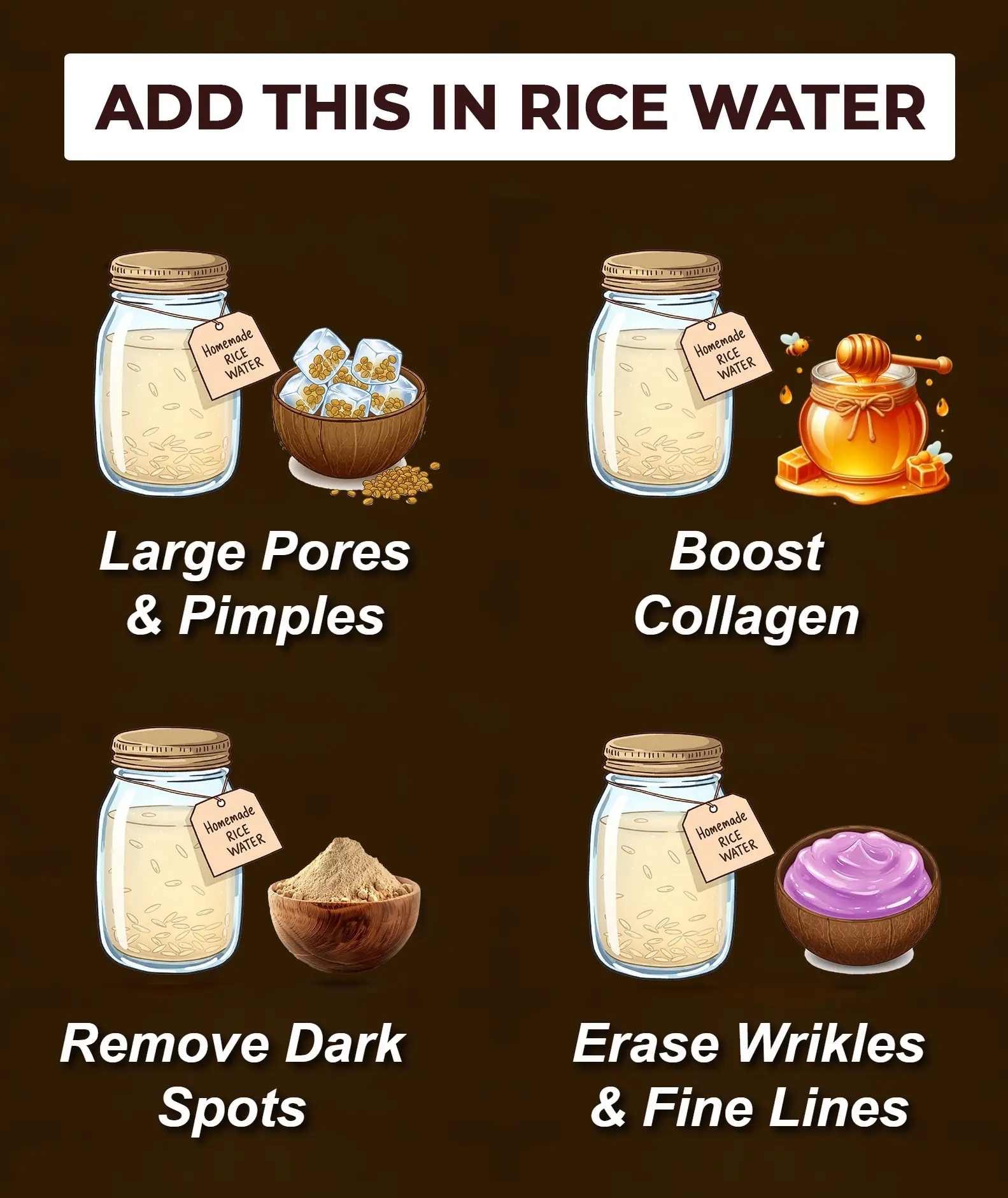
Homemade Rice Water for Skin: Amazing Recipe for Glowing and Youthful Skin
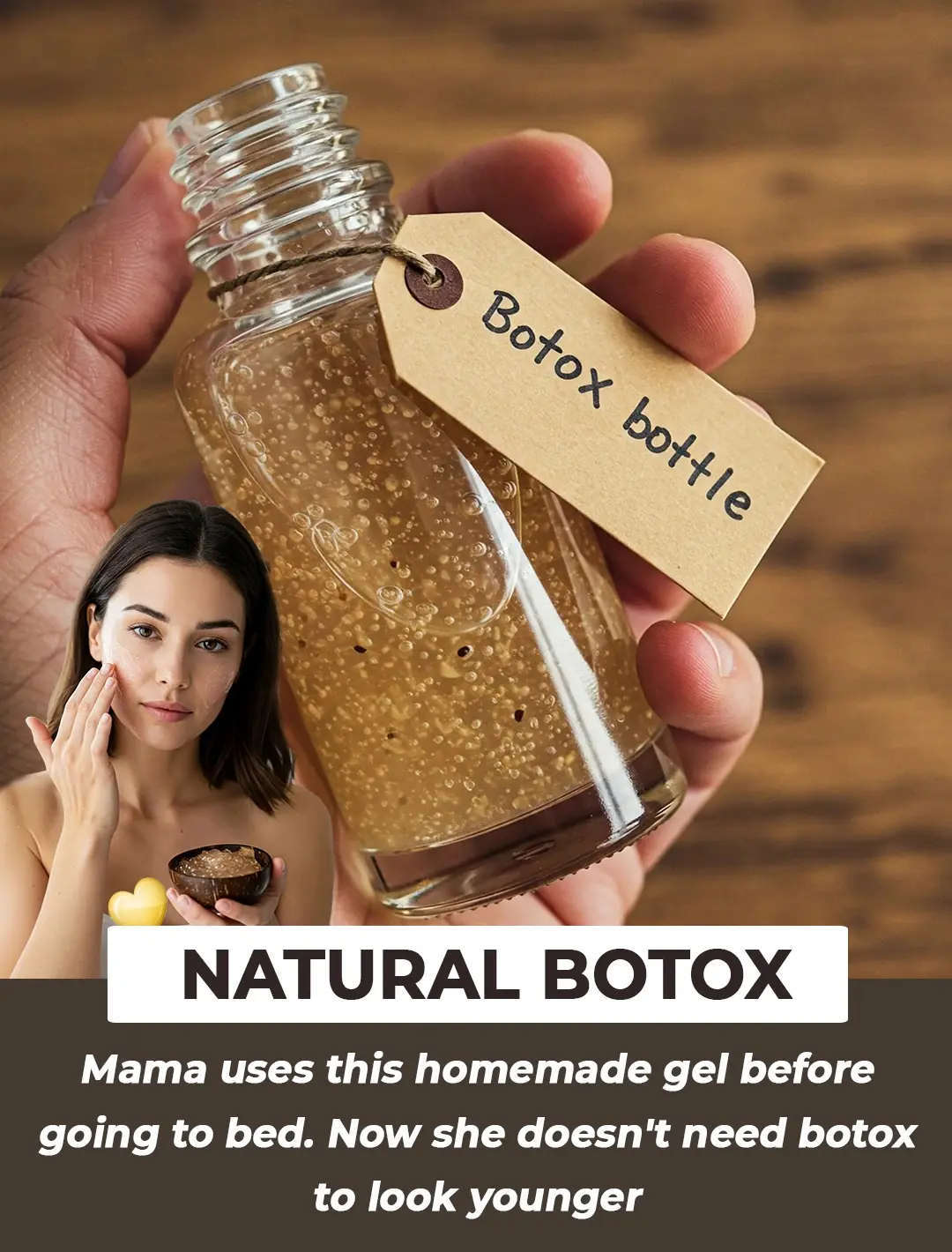
Natural Botox Drops – Secret of Younger Looking Skin

DIY Flaxseed Gel for Glowing Skin: The Natural Solution to Hydrated and Youthful Skin

Easy Recipe to Make ABC Collagen Ice Cubes at Home: The Secret to Glowing, Firm Skin

DIY Turmeric Gel For Ageless Skin: Unlock the Secrets of Radiant and Youthful Complexion
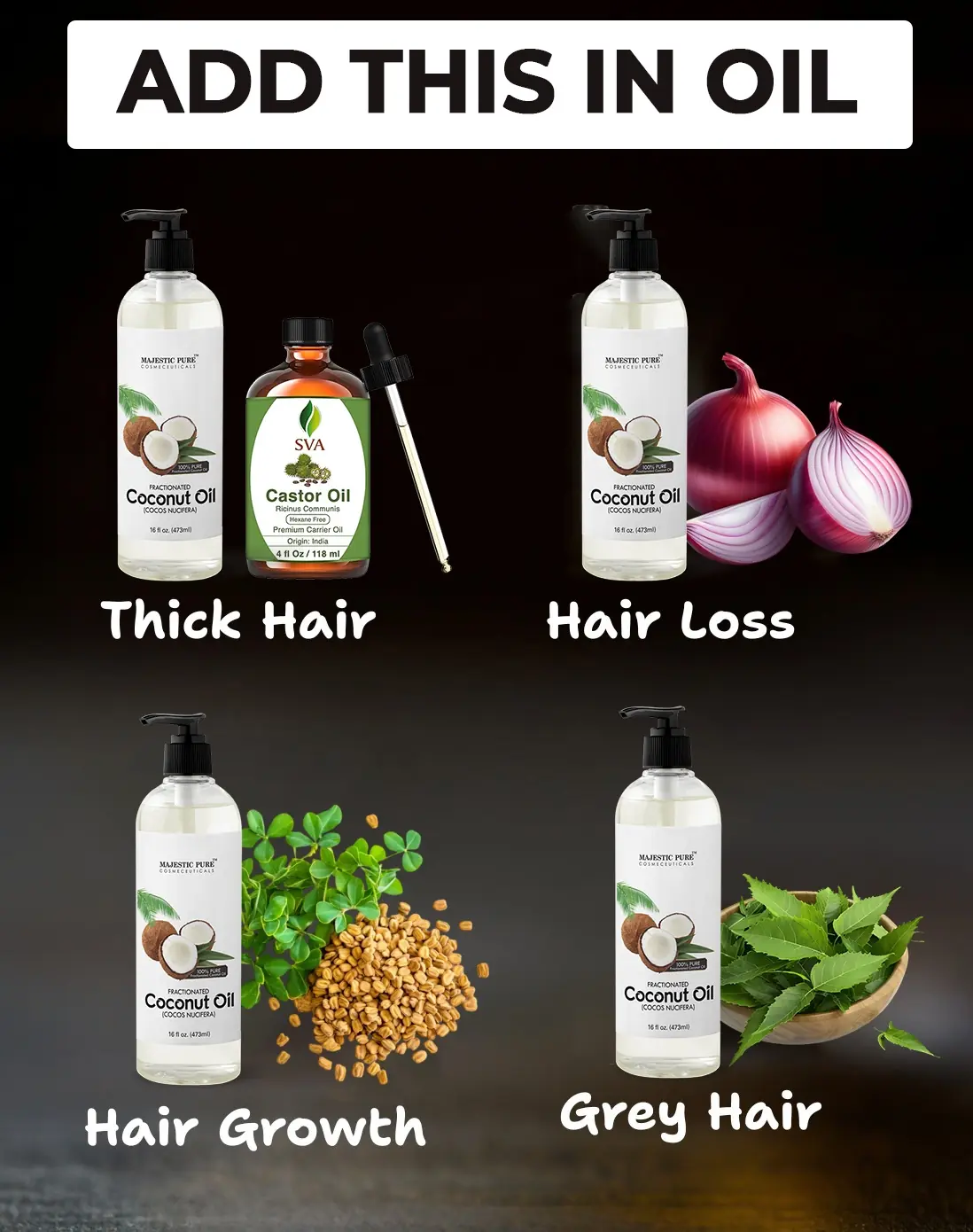
Add This in Your Hair Oil for Healthy, Lustrous Hair

The Ultimate Guide to Homemade Carrot Oil for Glowing, Youthful Skin
